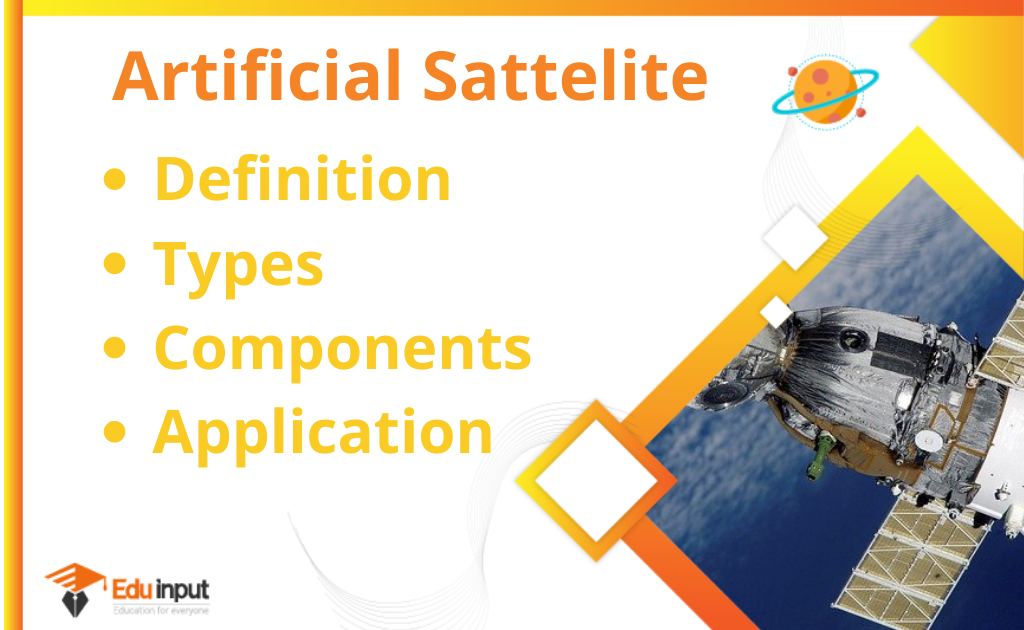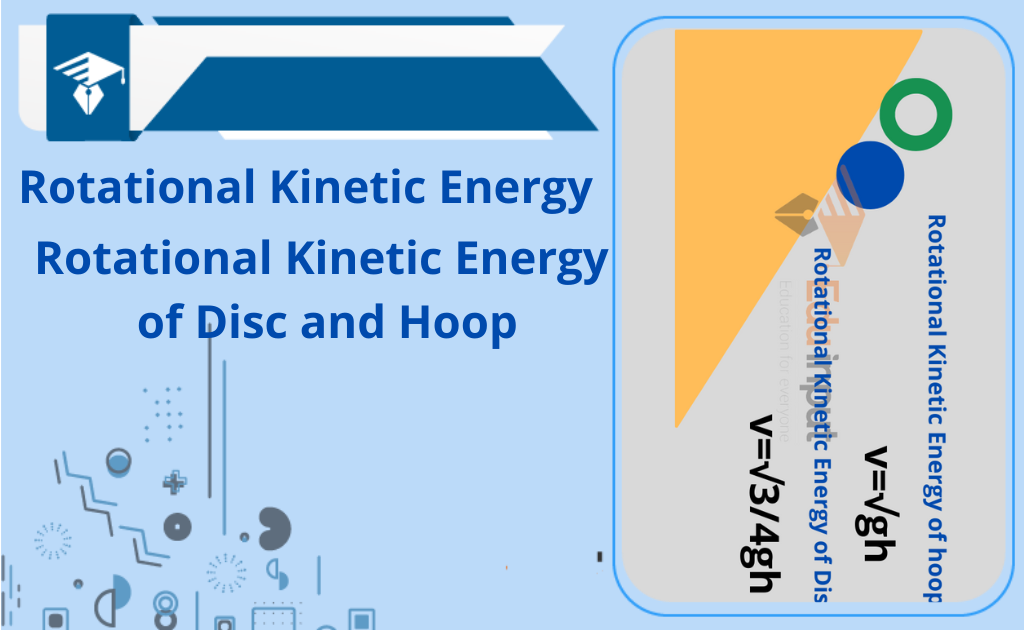What is Orbital Velocity?-Definition, And Formula
Orbital Velocity is the velocity at which an object travels around a celestial body. In space, objects travel at different speeds depending on their distance from the center of mass of the planet. If we were to draw a line between two points on Earth’s surface, then the point closer to the center would have a higher orbital velocity than the point further away.
What is orbital velocity?
Orbital Velocity is the speed of an object around the center of a planet. The object moves at a constant speed and it has to pass through the same path or path length.
The speed at which an astronomical object like the moon or artificial satellite moves around the barycenter is the speed at which it travels around the planet or moon.
If the muzzle velocity of the cannon is increased, it will throw a projectile further up the mountain. The surface of the Earth may be thought of as curving away from the satellite as it falls towards it.
The mass of the body is directly proportional to the orbital velocity, and the radius of the body is also directly proportional to it. If the air friction is not taken into account, the Earth’s orbital velocity is around eight kilometers per second. The closer a satellite is to the center of attraction, the weaker the force of gravity and the less speed it needs to remain in space.
Orbital Velocity Formula
The Earth and other planets revolve around the sun. The artificial satellites around the Earth are nearly in circular paths. This type of motion is called orbital motion: Consider a satellite of mass m, revolving around the Earth of mass ‘M’ in an orbit of radius ‘r’ with orbital speed v. The centripetal force required to hold the satellite in orbit is given by
Fc=msv2/r
The gravitational force of attraction between the Earth and satellite provides this centripetal force.
Fg=GMm/r2
But Fc=Fg, so
By comparing
Vorb=√GM/r
The orbital speed of a satellite is independent of the mass of the satellite. It only depends upon the distance r of the satellite from the center of the earth.







Leave a Reply